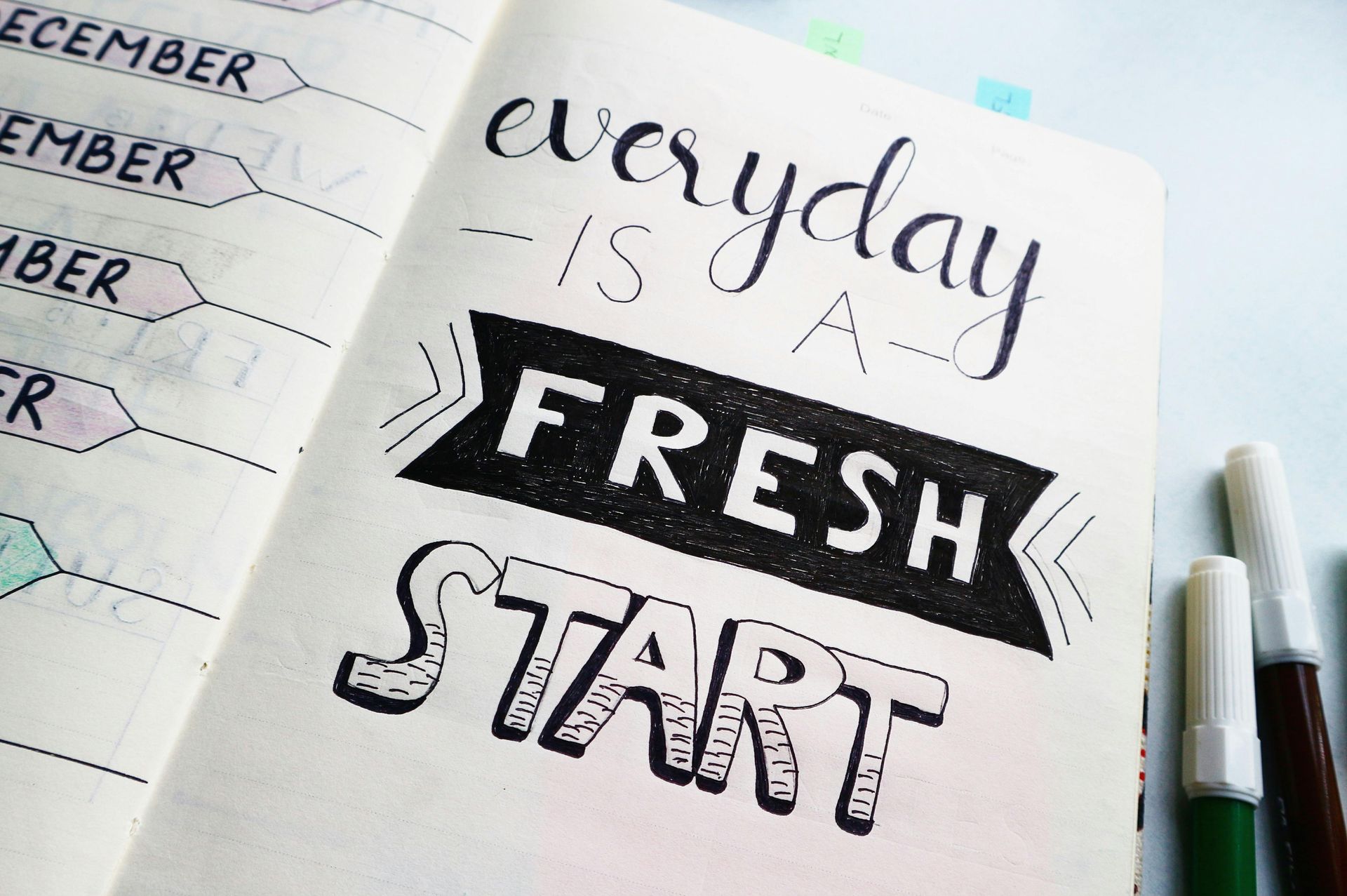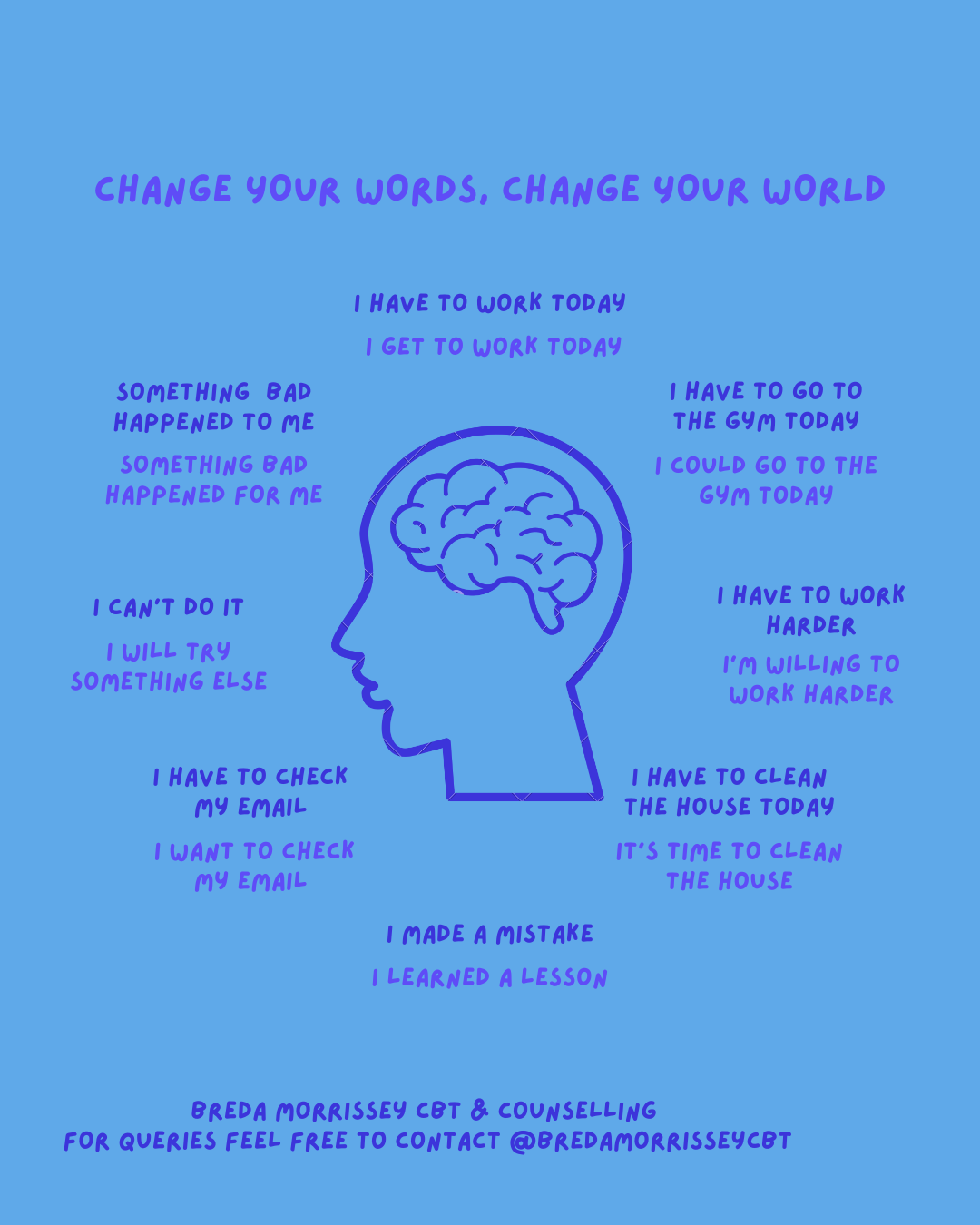Coping with Exam Stress & Supporting a Loved One Through Exams
Exam season can bring a lot of pressure—not only for the person sitting the exams but also for the people around them. Whether you’re a student feeling overwhelmed or a parent, friend, or partner wanting to help, it’s important to understand how to manage stress in a healthy way and offer meaningful support.
Understanding Exam Stress
Exams can trigger a variety of stress responses—racing thoughts, sleep disturbances, low mood, irritability, or even panic attacks. For some, it’s the fear of failure. For others, it’s the pressure to succeed, comparing themselves to peers, or simply the volume of study.
While some stress can be motivating, too much can lead to burnout and poor performance.
Tips to Manage Exam Stress
- Set Realistic Goals
Break revision into manageable chunks. Set daily targets instead of cramming. Celebrate small wins. - Create a Study Routine
A consistent routine builds focus and reduces anxiety. Include breaks, meals, and time for rest. - Practice Mindfulness and Relaxation
Techniques like deep breathing, progressive muscle relaxation, or even short meditations can help calm the nervous system. - Get Active
Physical movement, even a short walk, helps relieve tension and boosts mood. - Sleep and Nutrition Matter
Avoid all-nighters. A rested brain is far more effective. Eat nourishing meals to keep your energy steady. - Challenge Negative Thinking
CBT techniques can help reframe unhelpful thoughts:
- "I always fail at exams" → "This subject is hard, but I’m doing my best and improving."
How to Support Someone Doing Exams
Watching someone you care about struggle with stress can be hard. Here’s how you can help:
- Be Available Without Pushing
Offer your support, but don’t pressure them to talk. Let them know you’re there when they’re ready. - Create a Calm Environment
Reduce noise and distractions at home. Encourage a healthy study space. - Help With Practical Tasks
Cooking meals, doing chores, or running errands can give them more time and mental space to study. - Avoid Adding Pressure
Even well-meaning comments like “You’ll do great!” can feel like pressure. Instead, say:
“No matter what happens, I’m proud of the effort you’re putting in.” - Encourage Breaks and Self-Care
Remind them it’s okay to rest. Suggest a walk, a funny film, or a shared meal as a breather. - Look Out for Signs of Burnout
If you notice signs of ongoing anxiety, low mood, or withdrawal, they may benefit from professional support.
When to Seek Professional Help
If exam stress feels unmanageable, or if it’s affecting sleep, appetite, relationships, or overall wellbeing, it might be time to speak with a counsellor.
At Breda Morrissey CBT and Counselling, I work with students and families to develop tools to manage stress, build self-confidence, and navigate the emotional challenges of exams.
You’re not alone, and you don’t have to struggle in silence.
To book a session or learn more about how CBT can help during exam season, get in touch today.











